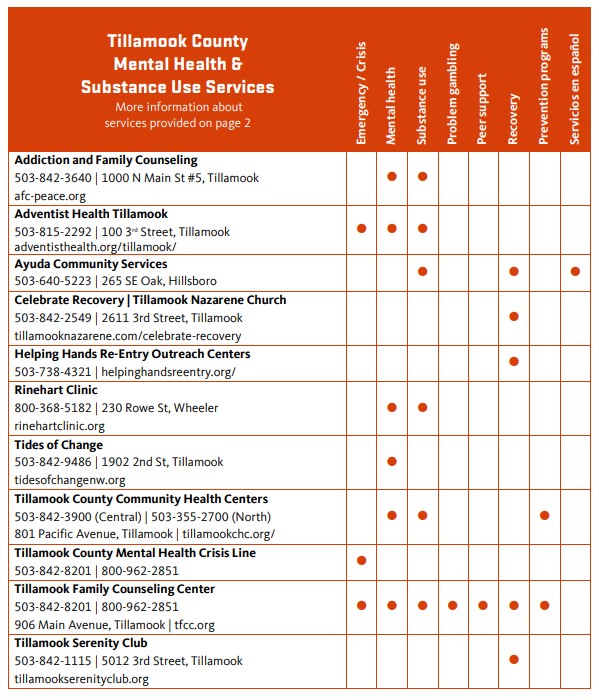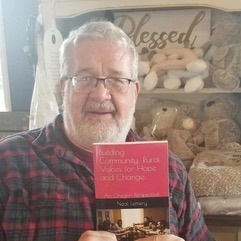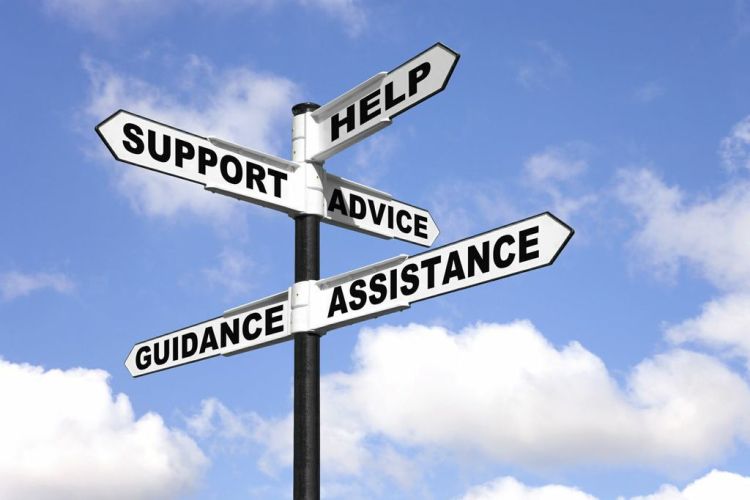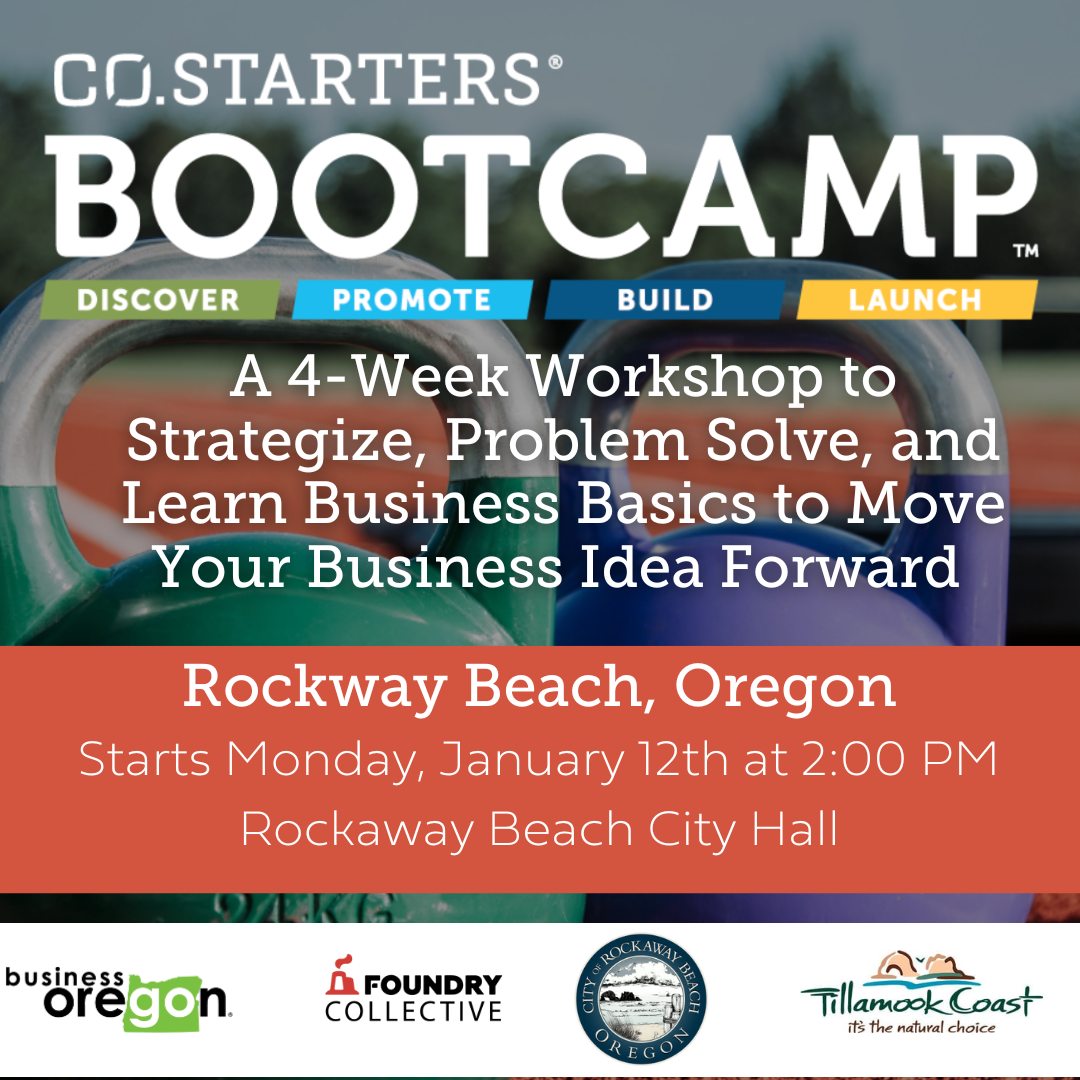
by Neal Lemery
My cell phone buzzed, and a familiar name appeared on the screen. I rushed to answer it, hearing the faint voice of a young man I’d befriended years ago. The connection was garbled, and I soon found out that his life of late was also garbled, disconnected.
He was leery of talking with me, and challenged who I really was. He called me, yet hesitated in talking, but said he recognized my voice and my number on his phone. Was I really who I said I was? He rambled on about how people were out to get him, that he wasn’t safe. He called me to “get a reality check” on himself, as he wasn’t doing well. I could hear the terror in his voice, shaky, doubtful. There were bits and pieces of a conversation, and his paranoia and fear of “them”. “They” were out to get him, and I should know that.
The connection faded away, and he didn’t answer my call back to him. I sent him a few texts, including the new “988” national mental health assistance number. I’d texted that those folks could give him the objective reality he was looking for. I wrote that I loved him, that he was a good man, resourceful, smart. He was remembered, cared for, and important.
I don’t have an address for him, and he hasn’t called me back. There’s only that few minutes on the garbled phone call, laced with his fears and dark thoughts. A reaching out for help, but only “kinda, sorta”. Nothing solid. Nothing about reconnecting and maybe steering him into some real help and connection. The pit of fear in my gut remains. My friend is lost, flailing around. Addicted and likely homeless in Portland. And likely angry. Still angry after all these years, and medicating that with meth and other street drugs. That big problem has a real face for me, a real life. And, there’s not much I can do.
I work at not being an enabler, and I know that the helper shouldn’t be doing more work than the person you are trying to help. And, I don’t have a magic wand.
I became his mentor at a penal institute for troubled youth. We worked together in a garden program, where he and other young men learned about gardening, growing their own food, and experiencing socializing in unfamiliar ways: campfire cooking, raising chickens, and learning the joys of being gardeners together. It was a peaceful experience, connecting troubled kids with nature and service to others.
I helped him with his reading and math, and was able to see him graduate from high school. When he was released, we reconnected, and he was proud of his landscaping job and taking a community college class. But, then he drifted away, and I suspected he’d slipped back into his crazy world of loneliness, drugs, and aimlessness.
We had talked about generational trauma and addiction. He was always reluctant to tell me much about his past, but all the signs were there of an abused, traumatized youth filled with shattered relationships and few people to believe in him. His life seemed to fit all the classic signs of a victim of trauma and abuse I’d read about in a number of books about America’s troubled youth and their complex, toxic psychology. They are the ones most of society seldom thinks about, the ones who are the homeless, the addicted, the violent, the incarcerated, and the forgotten.
We all end up paying the bill for that, with all the costs. Not the least of those is the loss of the skills and contributions of an otherwise smart and creative young man, who just wants a life filled with love, purpose, and decency. Just like the rest of our kids. Just like him. He’s my kid, and I think he knows that. And maybe that’s made a difference. But when you add the meth, it all becomes chaos.
Several years later, he reached out to me from prison. He’d gone back to drugs and petty crime, and a failed relationship resulting in his arrest and imprisonment on domestic violence charges. His deep-seated anger and rage had boiled over again, even after some counseling at the youth prison. Prison stopped his life, his efforts to truly heal. There’s very little counseling and drug treatment in prison, just a lot of sedatives and dead time. And, plenty of time to let the anger simmer.
We started over again with each other. He wanted to change, and joined a faith-based sobriety program at the prison. He took a class on basic skills for contractors. We worked together on basic math. There was a simple concept in problem-solving and equations that he kept stumbling over. We kept working through that, through the mail and twice a month video calls. With the help of his teacher and his determination, he finally broke through and grasped the concept. Everything fell into place after that and he was soon getting a solid B in his work. I got to see his big smile about that on a video call.
Looking back, he figured out that when those concepts were being taught in the fourth grade, that was a year the family was homeless, Mom was on meth, and he was always hungry, tired, and unloved. Math in school was the least of his concerns.
His parole from the youth prison, and from the adult prison last year lacked the connections to an active drug and trauma treatment program. He needed help to connect all the dots and increase his confidence and stability as a troubled and aimless young man, a guy with some learning disabilities and untreated post-traumatic stress disorder.
The day he was paroled from prison, I met him at the gate. No one else was available. He only had prison clothes to wear, no job, no bank account, no recovery group appointment. We didn’t know where he would sleep that night until he met with his parole officer that afternoon. The emotional and substance abuse counseling he so desperately needed was “to be arranged” and depended on the bureaucracy of the Oregon Health Plan.
He was able to find work, and the halfway house was marginally better than a tent and sleeping bag on the streets. In all that chaos, he dropped out of my sight. I suspect there was a lot of pride, shame, and the chaos of his life that led to that. He did call once, a few weeks later, which was a confusing conversation about his most recent drug use, and how he wrecked a car when he was high.
I’m stubborn and I don’t give up easily. I still hope that he’ll call again, that he’ll find some resources, some stability. And when I hear on the news that the politicians are going to solve the homeless problem, and that we’ll finally find some money for drug treatment. We’ll be tough on crime. I wonder if the people that give us all that talk know people like my friend, if they’ve ever gotten phone calls where the meth does the talking.


Books: NEW book – Building Community: Rural Voices for Hope and Change; Finding My Muse on Main Street, Homegrown Tomatoes, and Mentoring Boys to Men


